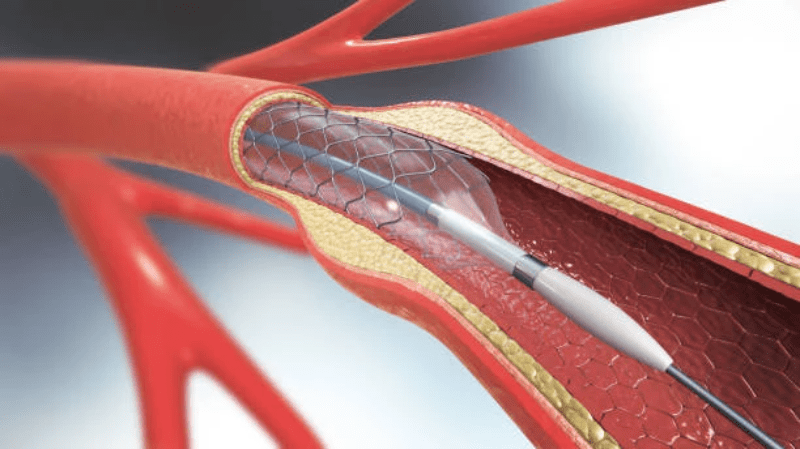
Vascular surgery is a surgical subspecialty that deals with diseases of the blood vessels and lymphatic system. The procedures are usually performed by minimally invasive catheter techniques. In cases of severe damage or malformation, a surgeon can perform reconstructive surgery to repair damaged areas. Medical therapy is often used to manage the symptoms of these diseases. The following are some common procedures performed by vascular surgeons houston tx. Below is a brief summary of these procedures.
Angioplasty is a minimally invasive procedure in which a balloon is inflated to open a blood vessel. Other procedures, such as stenting, are also performed to help prevent a narrowed artery from restricting blood flow. For patients with high blood pressure, angioplasty may also be combined with a stent, a tiny tube placed inside an artery. This is done to prevent the blocked artery from closing again.
In addition to performing surgeries to improve blood flow, vascular surgeons can diagnose and treat circulatory problems. These specialists treat all parts of the body's vascular system, except the heart and brain. Vascular surgery is now a surgical specialty in its own right, and there are two main pathways for training. In the U.S., a five-year general surgery residency is followed by a 1-2-year fellowship in vascular surgery. Some vascular surgeons also choose to pursue additional cardiac surgery training to broaden their expertise.
Vascular surgeons are often sought out for complex and complicated vascular procedures. These specialists diagnose patients and perform diagnostic tests, treat the resulting vascular problems, and follow up patients who have ongoing conditions. Some of these surgeons are also involved in surgery, including carotid endarterectomy, open and endovascular surgery for aortic aneurysms, and leg swelling. Some of the most common types of vascular surgery are amputation, thrombolytic therapy, and clotting disorders.
In a vascular surgery, patients are given a number of options to consider about this damage repair.Usually, these options include bypass surgery and angioplasty. Some patients, however, require a procedure to repair their artery. A vascular surgeon can also perform a transplant surgery. In addition to these, a vascular surgeon can treat aortas and veins. During this procedure, the doctor can remove any complication caused by the disease.
In addition to preventing and treating aortic aneurysms, vascular surgery can also be used to treat aortic aneurysm. During this procedure, a surgeon inserts a thin piece of fabric into the aorta to redirect the blood around the blocked aorta. The graft is attached to the aorta using sutures. In many cases, the graft can be removed after the surgery.
A vascular surgery specialist may perform a diagnostic test before performing the procedure. A minimally invasive procedure may be necessary if the disease has a significant impact on the patient's health. A vascular surgeon can also perform a variety of invasive procedures. Depending on the problem, a vascular surgeon can treat a variety of problems with the aorta. It can help relieve pressure on the heart and the aortic aneurysm. Visit: https://en.wikipedia.org/wiki/Vascular_surgery for more info on vascular surgery.